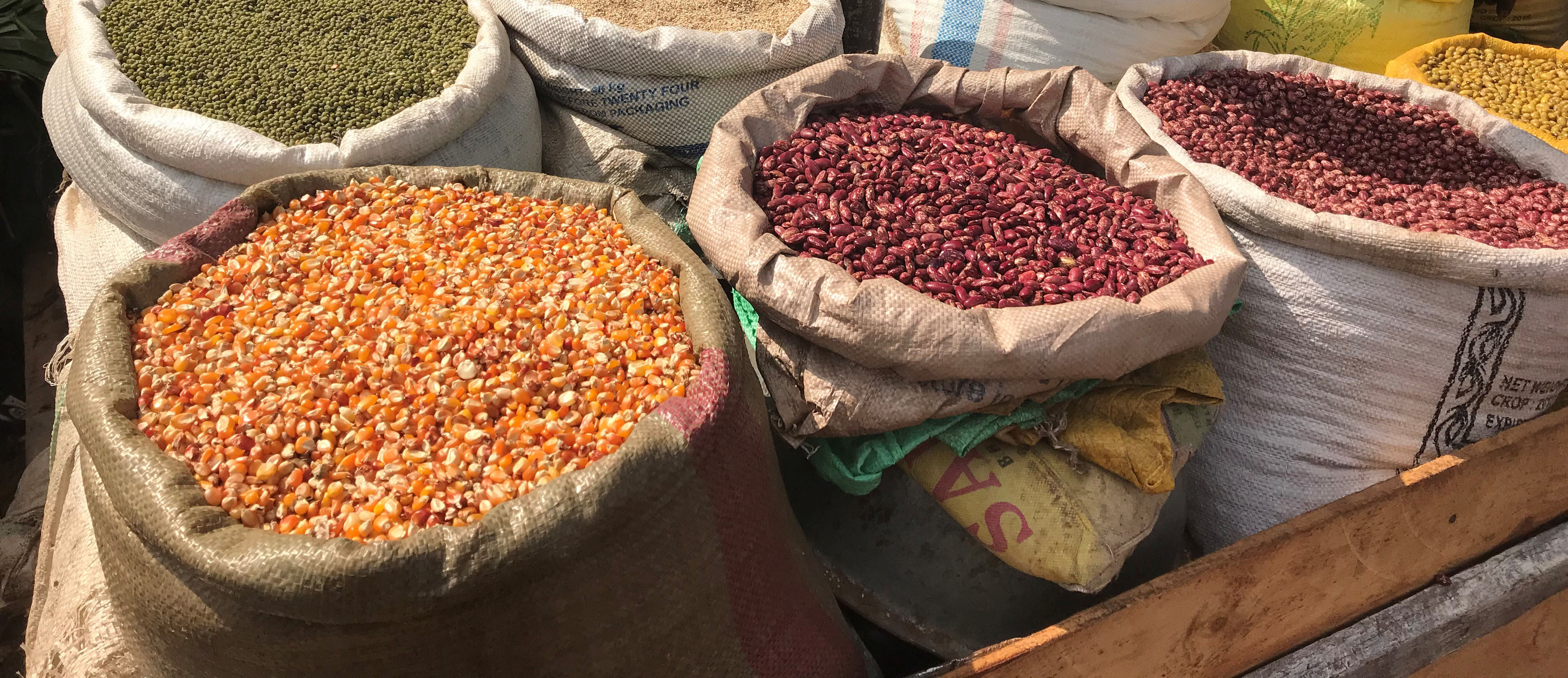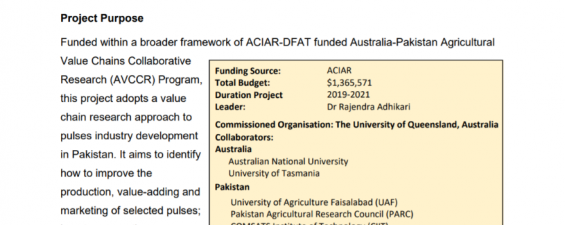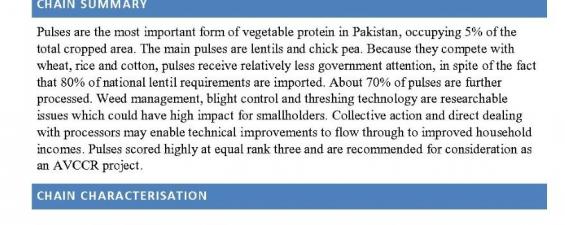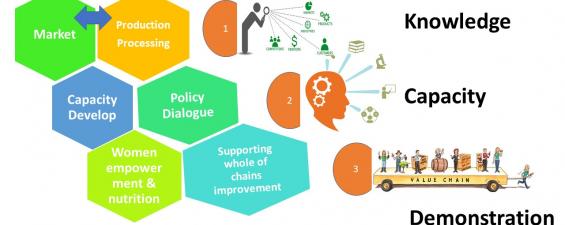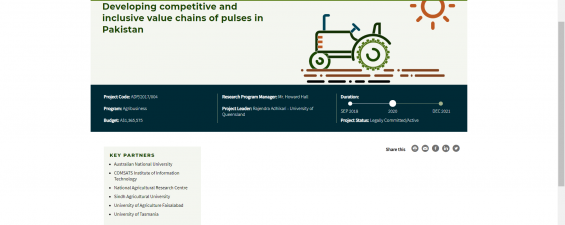This project focuses on creating, delivering and equitably sharing greater value from domestically produced pulses (as opposed to focusing solely on supply) as a socially inclusive way of reducing poverty among male and female smallholder pulses growers in Pakistan.
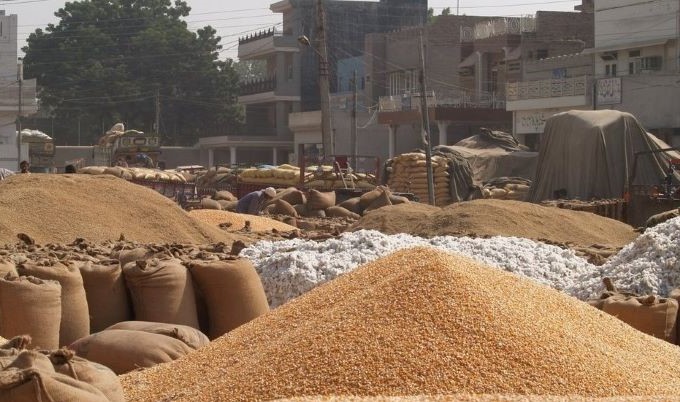
Background
Pakistan does not produce enough pulses to meet its own domestic needs, and farmers face many production challenges, including water availability, quality seed supply, weed management, disease control and harvesting technology. There are increasing efforts to solve these problems however, efficient and equitable access to markets is at least as important as technical advances in production and processing.
Value chains focus on what consumers seek and are willing to pay for, and efficiently meeting those needs, because consumers’ choices reverberate through value chains to ultimately impact farmers. It may appear that in a market that is under-supplied, such as the Pakistan pulse market, intervening to “open the tap” on supply is enough, such as by changing tariff policy, improving infrastructure or controlling a disease. However, so long as farmers are price takers, increasing supply does not necessarily lead to improved returns for farmers. Better returns requires a sharper focus on what consumers value, the ability to produce and deliver that value, transparent and timely transmission of information and more efficient through-chain processes within a favourable policy environment. These are the building blocks of this project’s holistic approach to improving the well-being of smallholders growing pulses.
Current research
This project adopts a value chain research for development approach to pulses industry development in Pakistan, fundamentally aiming to equip male and female smallholder farmers of pulses with the skills to engage with markets. This approach builds on recent research related to the policy environment, as well as the participatory approach employed by the pulse production research team, and it works hand-in-hand with the government funded Pulses Mega-project whose focus is on improving productivity and marketing efficiency.
The project works on four integrated fronts:
- Identifying and analysing barriers, opportunities and options for developing inclusive competitive pulses value chains
- Strengthening the capacities of pulses industry stakeholders and actors
- Informing policy that facilitates the development of inclusive competitive pulses value chains
- Demonstrating successful value chain development methods and practices for scaling out of pulses value chains.
